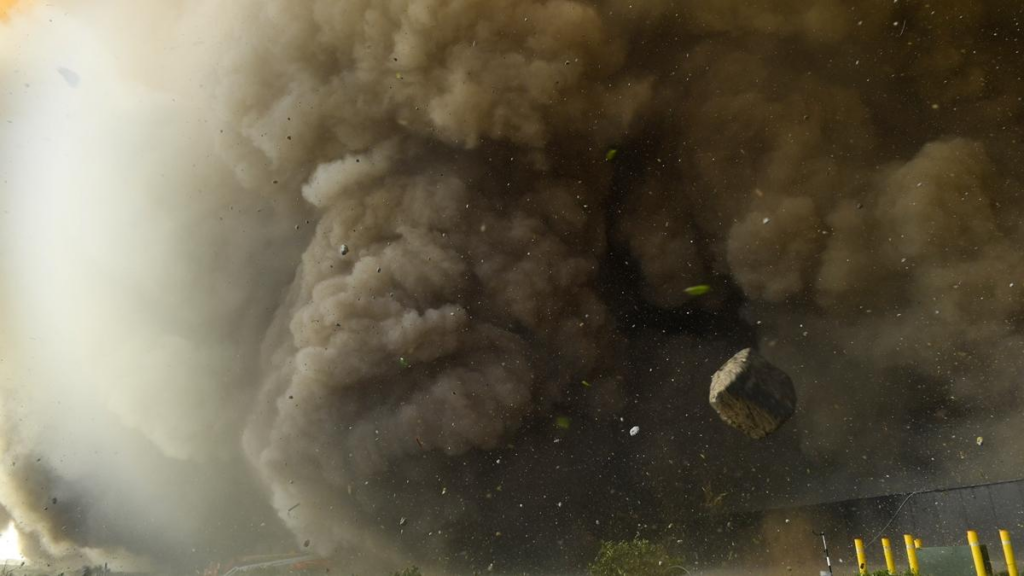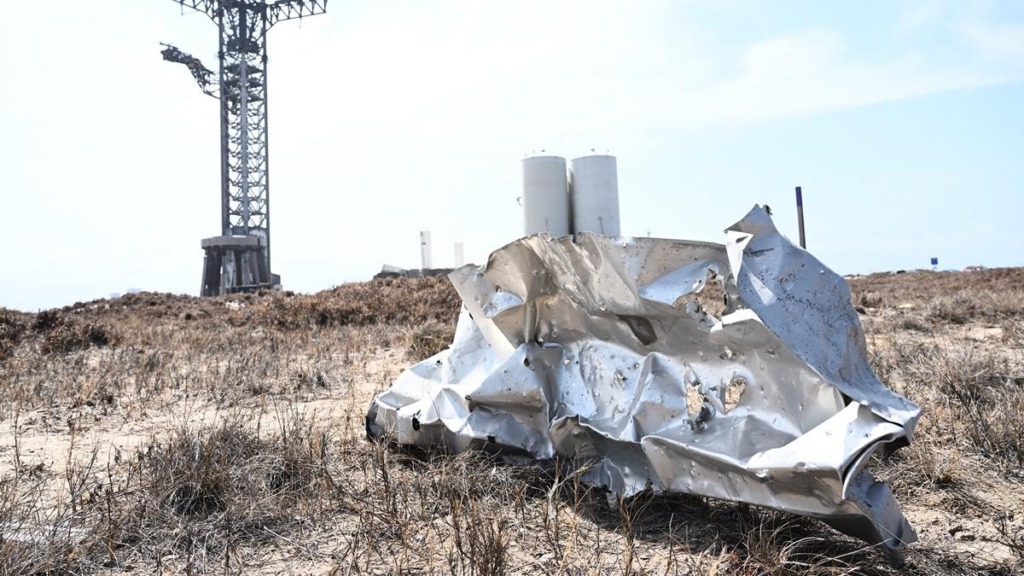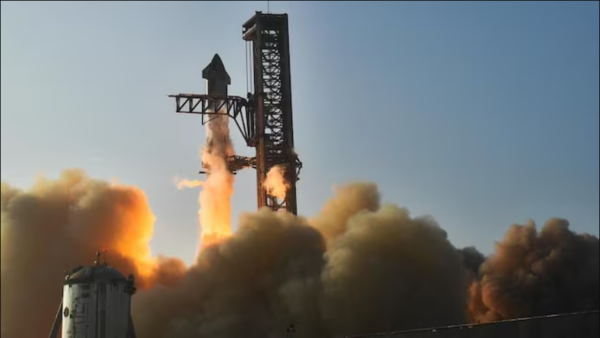The US government has halted future launches of Starship Super Heavy following reports that the violent launch precipitated potentially hazardous detritus in the region, endangering the local environment and wildlife.
The Federal Aviation Administration of the United States government has initiated an investigation into the explosion that occurred minutes after the launch of the Starship Super Heavy. SpaceX termed the mission an effective failure.
As the most powerful spacecraft in the world attempted to enter orbit for the first time, it exploded a cloud of dust and debris in its aftermath. According to reports, residents in Port Isabel, Texas, approximately 10 kilometers away from Elon Musk’s Starbase aerospace facility, were covered in dust from the launch.

“The FAA will oversee the investigation into the mishap that occurred during the Starship/Super Heavy test mission,” the FAA said, adding that the return to flight of the Starship/Super Heavy vehicle is contingent upon the FAA’s determination that no system, process, or procedure related to the mishap poses a threat to public safety.
Investigations are standard procedures for all accidents involving space exploration or rocket system testing.
The detritus was discovered strewn across the beaches of Boca Chica, which are a nesting ground for several endangered species, such as birds and sea turtles.
Photos of the aftermath revealed that the 30 Raptor engines created a crater several feet deep and launched large fragments of reinforced concrete thousands of feet into the air as the rocket ship ascended to an altitude of 39 kilometers before exploding.

Elon Musk stated that the company is upgrading the launch site as a result of the tests and has begun construction on a massive water-cooled steel plate that will be placed beneath the launch mount to absorb the impact and blast wave from the rockets. In one to two months, it will be available for installation before the next launch attempt.
Before Starship’s next launch attempt, the FAA, which regulates launch site safety and oversees technical investigations of commercial rocket mishaps, must approve modifications to the launchpad infrastructure. The most recent SpaceX failure exemplified the company’s rocket development culture, which embraces rapid testing and prototype failures that provide data to improve the vehicle’s design.

